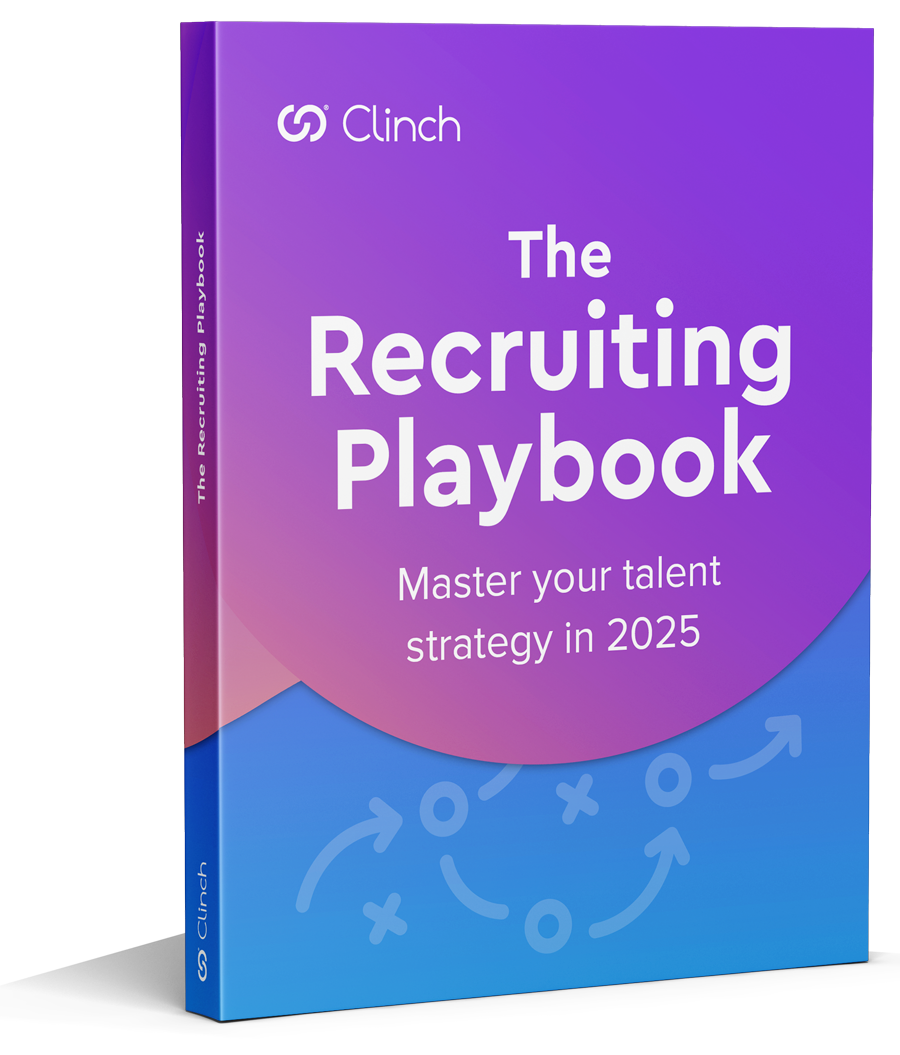As is often the way with new tech, particularly something more conceptual and somewhat intangible like AI, its arrival brought with it a sense of wariness. Add to that the conversation around AI ‘replacing’ humans, and it’s no wonder that within recruitment, especially – the very definition of a ‘people’ industry – this science of training machines to think and act like humans initially triggered some unease.
However, as both the stats and processes demonstrate, TA teams and leaders the world over are now embracing the transformative power of AI – realizing and exploring its potential to streamline tasks through automation, and inform decision making within their organization for increased productivity and better hiring outcomes overall. Indeed, SHRM reports that 88% of companies globally are using some form of AI technology in their HR and recruitment process.
And yet, while a majority of candidates expect the inclusion of AI in an organization’s recruitment process, it’s also important to emphasize that as part of that same process, they also expect and place a high value on authentic human connection and interaction. In their annual report for 2024/25 –What do Graduates Want?– Bright Network found that 87% of graduates look for someone to ask questions to as part of the recruitment process, and 78% want to meet with someone to discuss the role and expectations. This data alone, highlighting the preferences and expectations of Gen Z digital natives, speaks strongly to the role of real people in shaping a candidate experience that counts.
The key, then, to a successful hiring strategy that prioritizes efficiency, candidate experience, and quality of hire, is finding the balance between machine and human, the artificial and the authentic. This requires HR tech and the companies that use it to take a close look at their existing processes to identify where and how AI can be leveraged to support the TA function and allow TA professionals to evolve in their roles and do their jobs better.
In Clinch, we focus on optimizing the top-of-the-funnel where the power of AI is harnessed, in particular, in the awareness and consideration stages of the candidate journey. Scaling and improving efficiency in content creation, for example, is the goal behind our AI-powered content assistant which can be used to help expedite the task of summarizing blog posts that have already been crafted and approved by your team. AI is also there in the form of our chatbot, with prompts and conversational workflows that facilitate candidate engagement anywhere, anytime. AI-personalized content comes as standard for an elevated candidate experience on your Clinch-powered career site.
Indeed, AI can be particularly effective when utilized in the following:
- Lead and engagement scoring
- Assessments, screening, and scheduling (chatbot, schedule conversation)
- Resume parsing
- Job matching and recommendations
While AI Sentiment Analysis does allow the science to operate in a more “human” way, broadening its scope for involvement in areas beyond these decidedly more administrative tasks, there are, still, some vital aspects and functions of recruiting and recruitment marketing in which AI cannot yet replace or even outperform a real person who is genuinely invested in their role, their candidates, and their organization’s hiring outcomes. For example:
- Recognising values, culture and team fit
- Aligning purpose
- Empathy
- In-person meeting and/or interview
- Negotiation
- Understanding unique needs and/or circumstances
And while there might be a tendency to assume that it is only a matter of time until AI can also match if not surpass human aptitude in these areas (77% of HR professionals believe people won’t have to be involved in the recruitment process at all soon – Workable), it could be argued that as long as candidate experience and quality of hire are prioritized, it is in nobody’s best interest to pursue, or resign oneself, to that “takeover.”
Herb Kelleher, Co-Founder and CEO, Southwest Airlines, once said that, “The business of business is people—yesterday, today, and forever.” Add to that the fact that real human connection can only happen between real humans, and it becomes clear that the key to effective recruiting – now, and in the future – is in finding that balance between the role of AI and maintaining an authentic human touch.
Ultimately, within the context of recruitment marketing, AI’s power is its ability to help teams increase productivity to positively impact the organization’s overall economy of scale. When you look at it in this way, and in turn, invest the time your team gets back in pursuing the right hiring outcomes for your organization, AI becomes a clear asset as opposed to a threat.
Be confident and commit to a progressive, proactive recruiting strategy; identify the stages and areas in which AI can be leveraged to improve productivity and efficiency in your team, and use it to your advantage – in complement to those tasks and attributes which are for now, and hopefully for a long time to come, rightfully and exclusively “human.”



